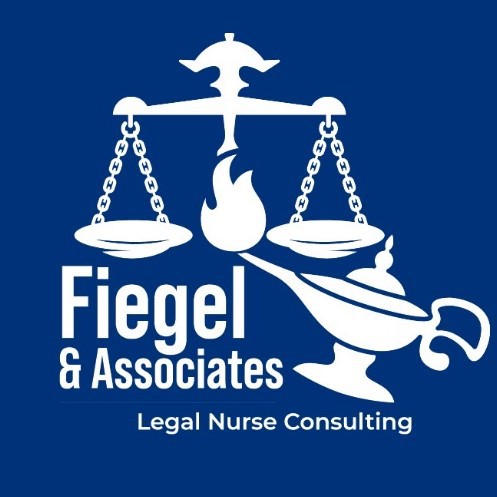Sepsis and the Role of the Certified Legal Nurse Consultant (CLNC)
Identifying patients with infection is a key role of the Certified Legal Nurse Consultants (CLNCs) analysis of medical records. The CLNC will help determine if the patient met the sepsis criteria and/or if the patient was considered an “at risk” patient.
Annually, approximately 1.7 million adults in America develop sepsis and 350,000 adults who develop sepsis die during their hospital stay.
Sepsis is defined as the body’s extreme response to an infection and is considered a life-threatening medical emergency. Sepsis occurs when the infection-fighting processes turn on the body, causing the organs to work poorly.
There are five stages of Sepsis:
- Systemic Inflammatory Response Syndrome (SIRS) – exaggerated defense response from your body to a harmful stressor.
- Sepsis – SIRS with a suspected source of infection (urinary tract, pneumonia, cellulitis, etc.).
- Severe Sepsis – Sepsis coupled with one or more symptoms of end-organ failure.
- Septic Shock – Hemodynamic instability despite volume replacement, extremely low blood pressure.
- Multiple Organ Dysfunction Syndrome (MODS) – Development of potentially life-threatening physiologic damage involving at least two systems or organs.
The role of the Certified Legal Nurse Consultant in Sepsis Cases include:
- Screening the sepsis case for merit
- Defining the applicable standards of care
- Organizing the medical records
- Identifying potential defendants
- Conducting literature research related to sepsis and relevant standards
- Identifying and reviewing relevant medical records to request
- Locating testifying experts
- Creating chronological timelines or other reports
- Assisting with interrogatories, exhibit preparations, depositions, and trial questions
Check out our website at legalfiegel.com

